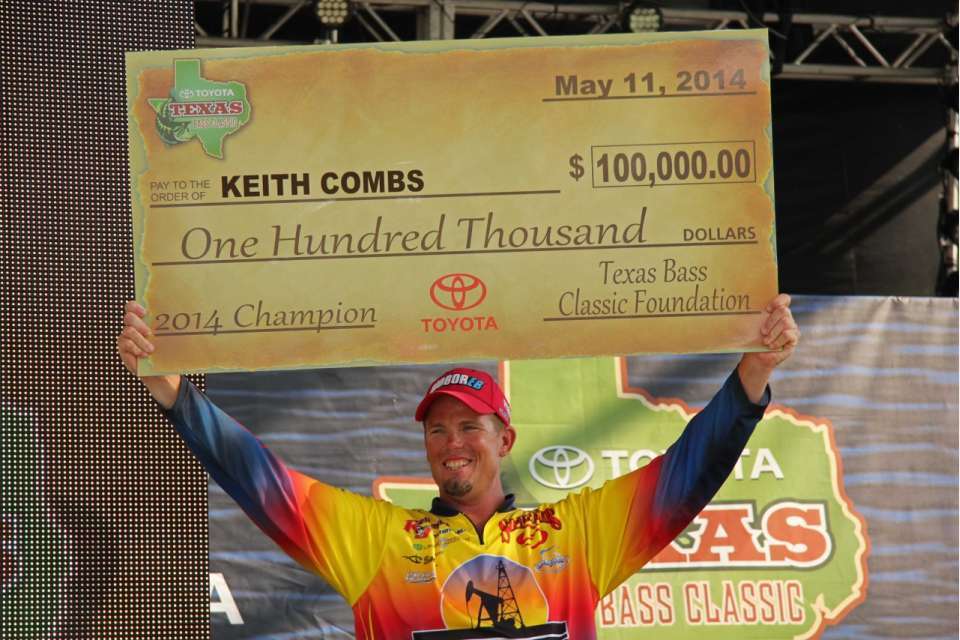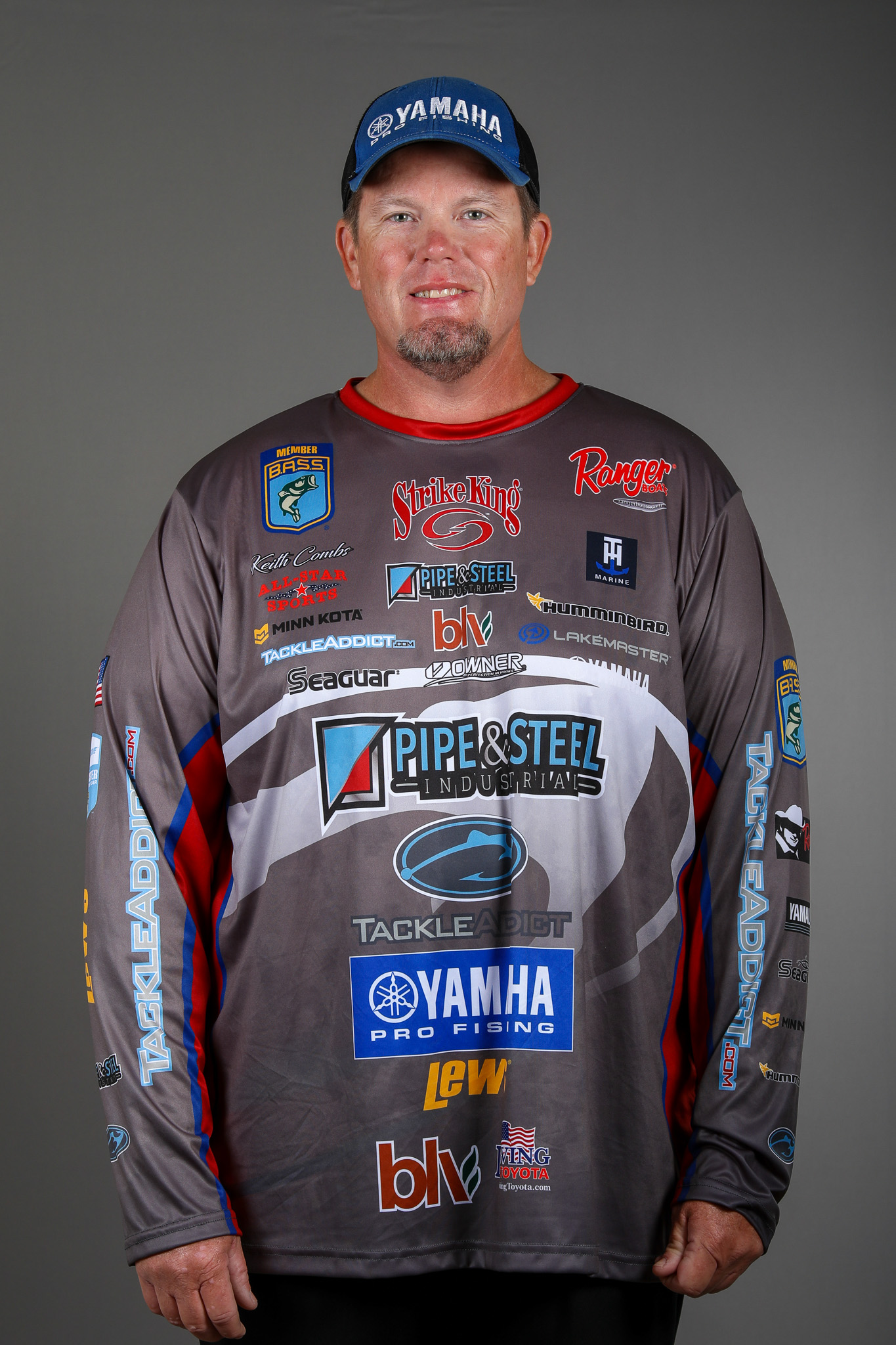
The 2019 Bassmaster Elite Series schedule hasn’t started yet. In fact, we haven’t even celebrated Christmas and New Year’s. I’m really trying not to look past the early season events, because some of them are going to be great and they all count the same, but it’s hard not to circle the first week of May on my calendar.
That’s when the Elite Series will descend on Lake Fork for the 2019 Toyota Bassmaster Texas Fest benefiting the Texas Parks and Wildlife Department. It’s a time and a place where I have a really good history. I won the 2014 Texas Toyota Big Bass Classic (the predecessor of the current event) on Fork with a three-day catch of 110 pounds, and I think this time around it could be even better.
I didn’t necessarily think that when it was first announced. To tell you the truth, I was hoping that the tournament would be on Rayburn or Toledo Bend, or maybe one of the border lakes. Fork is a tremendous fishery, with a lot of trophy class bass, but it also gets more pressure than just about any lake you can imagine. When I thought the field would be 108 or 110 anglers, I knew that it could fish small.
With a field that size, we all seem to find the same stuff and end up in the same places. There’s no advantage for a Texas native like me – these guys are all solid and know how to find the winning fish. With a field that large, it’s not unusual to run to your starting spot and find five or six boats on it. Even if you’re the first one there, you have to constantly worry about protecting your best water. Do you leave after you catch a good limit to save some fish, or do you have to camp out all day? Can you run a pattern up and down the lake or do you have to stay in one zone to make sure that your rotation isn’t messed up?
With 30 fewer boats, it should be wide open. The crazy thing about it is that even though I won offshore last time, some of the top 10 finishers were sight fishing, and some 35-pound bags were caught in 3 to 5 feet of water. That should further open up the playing field.
Of course, the stars may not line up, but even then it should still be a very good tournament. If all goes right, though, we could break all of the records – both for a single-day and for a four-day catch.
Remember, I caught 110 pounds last time. That’s an average of almost 37 pounds a day, and I had 42 on the first day, including a 10-14 and a 9-12. Once I had that limit in the boat I laid off of my fish and couldn’t cull out a 6 and a 5 1/2. If I’d stayed, I’m pretty sure that I would’ve beat the one-day record set by Dean Rojas at Toho. That’s one of the most heralded records in the sport. That makes sense when you think about it because most weekend anglers fish one-day events so it’s something they can measure their success against.
I would bet my house that if we’d fished a fourth day in 2014 I would’ve had well over 21 pounds (my smallest bag any of the three days was 33-08), which would have made me the all-time leader for a four-day catch in the era of the five-fish limit. I have the three-day limit, but no one really cares about that, so I’d love to get in the record books by beating what Paul Elias did at Falcon in 2008.
Ultimately, though, records don’t matter as much as wins. When Paul won at Falcon everyone in the top 12 had more than 108 pounds, but there weren’t enough blue trophies for all of them. I crave more of that hardware. I don’t mean to put added pressure on myself, but I’m feeling it already. Any time there’s a tournament in Texas, I expect to be there on the final day, and I’m disappointed if I’m not the last man standing.
In fact, it doesn’t have to be in Texas. It could be New York or California or Alabama. If it takes 25 pounds a day to be at the top and I don’t do well, I end up beating myself up pretty badly. Even if things aren’t ideal, Fork is still going to produce lots of 25 to 30 pound limits, so fishing fans who enjoy slugfests should circle it on their calendars just like I did.

